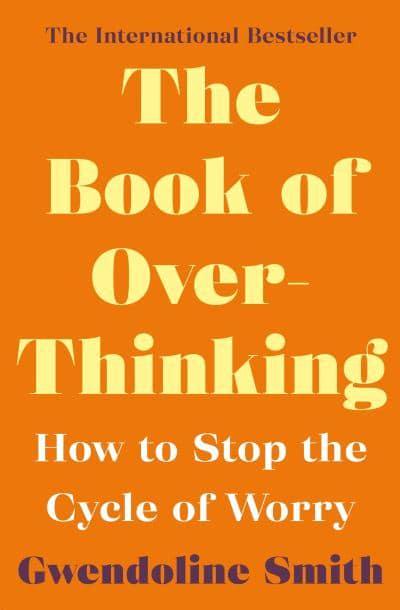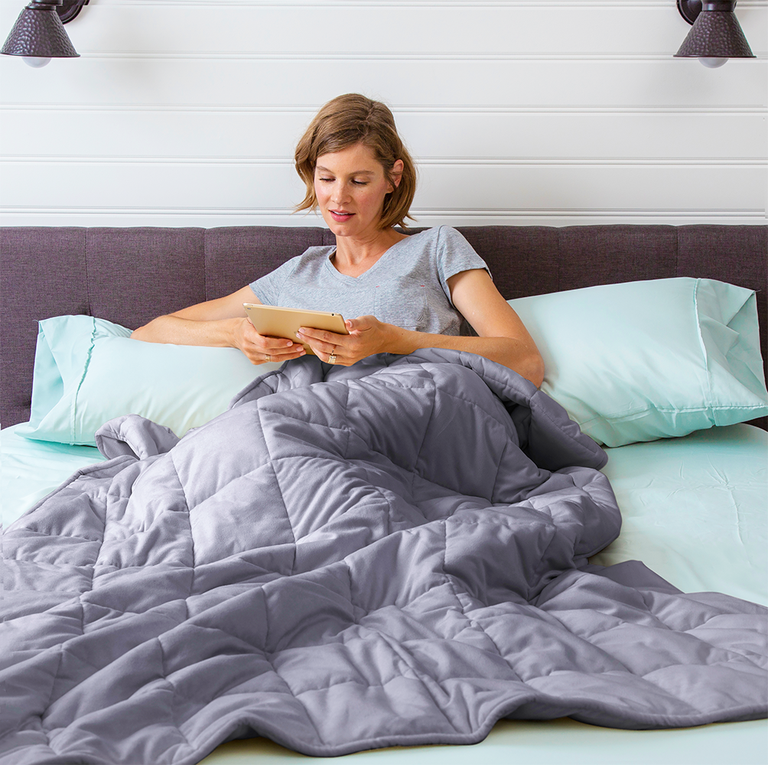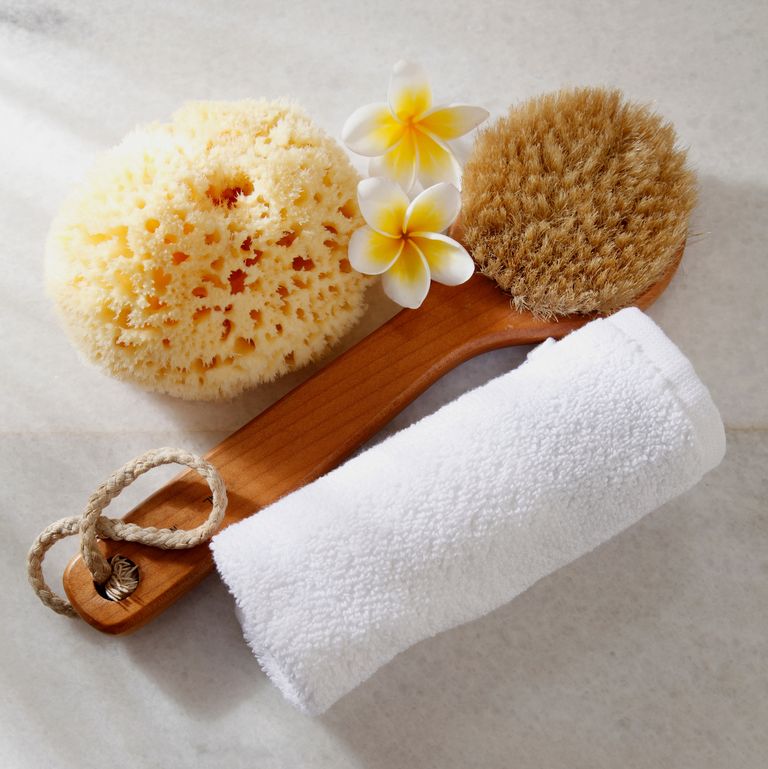Looking for some stress relief?

We may associate relaxation with “wasting time,” but in fact, regular relaxation and stress management are important for physical and emotional health. This is because your body’s stress response can get triggered often throughout the day and, if your body doesn’t return to its regular state of relaxation afterward, you may find yourself in a state of chronic stress.
Chronic stress is the type of stress that can really wreak havoc on your health and contribute to a host of stress-related health problems including heart disease, high blood pressure, and many more, including the common cold.
Learning relaxation techniques can help you restore your body to its natural state when you’re feeling stressed, and can potentially help you remain more resilient to stress that you face in the future—you can become less reactive to the stressors that you face and can recover more quickly from it if you do react.
Relaxation can occur when you’re just sitting and watching t.v. in a lounge chair (which is what some people think of when they think of the word ‘relaxation’), but having a more structured plan for relaxation can be more helpful in the face of stress. It helps to have a plan because you can learn to use strategies that are most effective, not just familiar. You can also actively choose strategies that build resilience rather than merely distracting you from what’s creating stress for you on a given day. Learning to relax your body and your mind can be more effective than either one on its own, obviously.
Here are some of the best relaxation strategies you can use to combat stress.
Breathing Exercises
These can be your first line of defense against stress. Breathing exercises are wonderful for relaxation because they can be used anytime and at any place, they work quickly and are easy to master. Read more on breathing exercises.
Meditation
Many people try meditation and find that it’s a wonderful relaxation tool. Many others consider trying it, or try it a few times, and decide it’s not for them. If you’re in the second group, you may want to consider giving meditation another look—it’s excellent for relaxation as well as developing a more positive attitude and, if practiced long-term, greater resilience toward stress. Learn more about the benefits of meditation and different meditation techniques you can try.
Music
Playing music is a great way to relieve stress and promote relaxation for your family and friends as well as yourself. (Okay, maybe your co-workers won’t enjoy hearing your tunes as much as you do, so perhaps this one is best saved for home and in the car.) Because music brings real benefits in terms of wellness (music therapy is a growing field), it can be conveniently used effectively for relaxation as well. Learn more about using music for stress relief.
Exercise
It may seem that exercise is the opposite of relaxation, but a good workout can actually make you feel more relaxed afterward for a few reasons. First, working out can be a good way to release stress and blow off steam. Second, the endorphins released during a good workout can aid relaxation quite nicely. Additionally, exercise can get you into a state of flow where it’s difficult to stay stressed—your body has to move toward relaxation as your stress response begins to reverse. Find ways to work exercise into a busy schedule.
Have Fun!
Yes, these relaxation methods don’t all have to be clinical and practiced. Letting loose and having fun with your family and friends is an excellent way to relieve stress and experience relaxation. The problem is that people don’t always prioritize plain old ‘fun’ as an important part of life—they don’t fit time for it in their busy schedules (at least not nearly as much as they should) because they don’t realize the value of fun for balance as well as physical and emotional health. Well, now is the time to start working more fun into your life. See these tips on having fun for starters.
If you focus on stress management regularly, in a relatively short time you can learn to more easily relax when you need to, and build resilience toward stress.
Share your thoughts. Comment below.
By Elizabeth Scott, MS
Source: Verywell Mind






Leave A Comment
You must be logged in to post a comment.